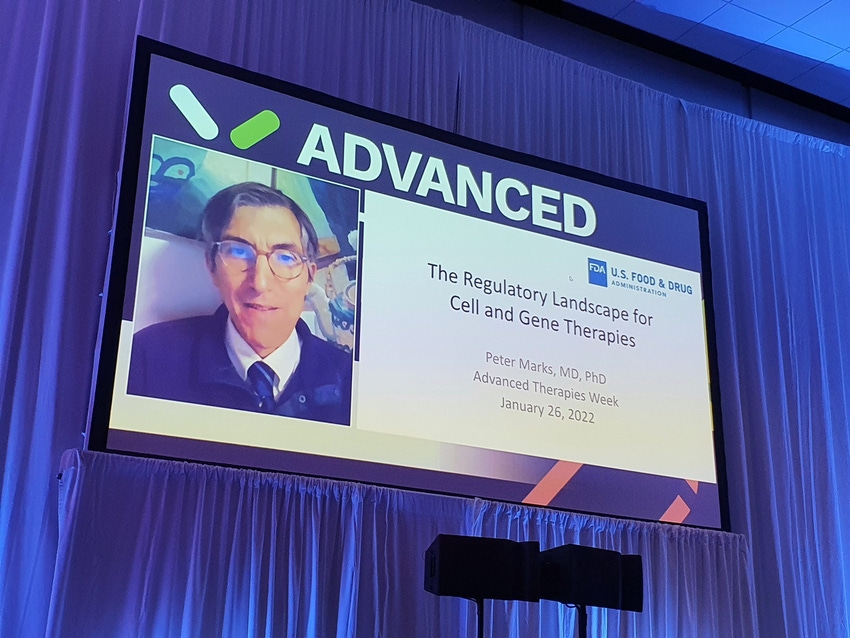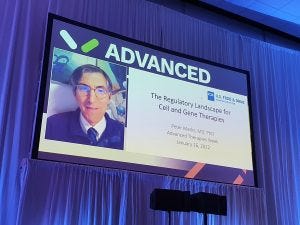Content Spotlight
Podcast: MilliporeSigma says education vital to creating unbreakable chain for sustainability
MilliporeSigma discusses the importance of people, education, and the benefits of embracing discomfort to bolster sustainability efforts.

The FDA has dismissed using special emergency authorization powers for rare disease advanced therapeutics but does hope to significantly speed up its feedback to sponsors.
The US Food and Drug Administration’s (FDA) Emergency Use Authorization (EUA) authority allows the use of unapproved medical products to be used in an emergency to diagnose, treat, or prevent serious or life-threatening diseases or conditions caused by chemical, biological, radiological, and nuclear (CBRN) threats when certain criteria are met.
Most recently, EUA powers have come to the fore with numerous tests and vaccines being granted such status during the COVID-19 pandemic. For example, Pfizer’s Comirnaty, Moderna’s Spikevax, and the Janssen vaccine all received EUAs, which helped ensure speedy inoculation programs last year. Both the Pfizer and Moderna vaccines have since received full FDA approval.

Peter Marks spoke virtually at the Advanced Therapies Week event in January
But should EUA powers be more widespread, particularly to treat rare disease populations with next-generation modalities such as cell and gene therapies still in the clinic? This was the question posed to the director of the Center for Biologics Evaluation and Research at the FDA, Peter Marks, during a panel discussion at Phacilitate’s Advanced Therapies Week last month.
“We hear a fair amount from the rare diseases community about this. What happened for COVID-19 was pretty remarkable and I think if we had to say anything that is applicable to the smaller scale, it’s not going to be about using some special power to make things available,” he told delegates via video call.
“Ultimately, we have to have an ecosystem that works by finding products that actually bring value, which means they are going to have to be safe and effective for their intended use. Our goal in that regard, I think from what we have learnt from COVID-19, is the way we can help best at FDA is to have early dialogue and frequent dialogue to help expedite things.”
Marks admitted the Agency has not in the past been the quickest in working with sponsors.
“I’m happy to self-criticize here, if there is anything we could do better it’s probably really to improve our cycle times for getting back consistent, concise feedback to sponsors in a timely manner so that they can move on with their development programs.
“That’s actually what was at the heart of why a fair number of COVID-19 vaccines moved ahead because the cycle times for some of the incoming to outgoing were less than 24 hours. I can’t promise that we’ll get there for rare diseases, but right now we’re a far cry from that.”
During a separate presentation, Marks revealed the number of requests the FDA’s Center for Biologics Evaluation and Research (CBER) has received for regenerative medicine advanced therapy (RMAT) designation has overtaken that of breakthrough designation (BTD).
“If you look to date, we’ve now granted 68 RMAT designations since the conception of the program, out of 180 requests. We’ve now seen three products come through the program into approval, and that’s also a nice thing to see. We’re working constantly to try to help products move forward.”
Both designations are intended to expedite the development and review of drugs for serious or life-threatening conditions, though RMAT is specifically intended for advanced therapies.
You May Also Like